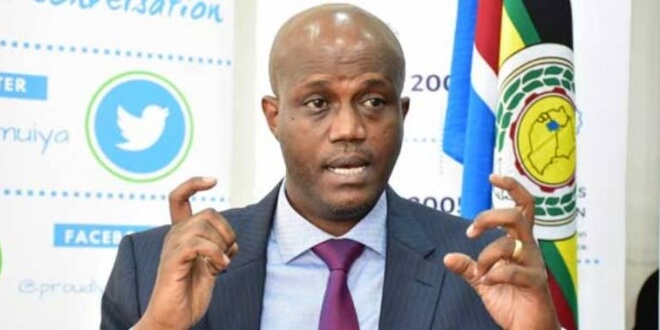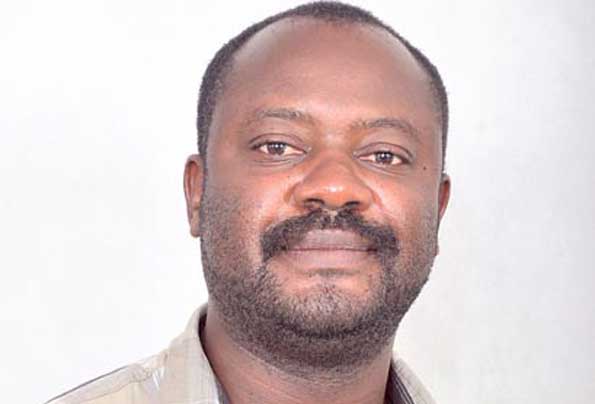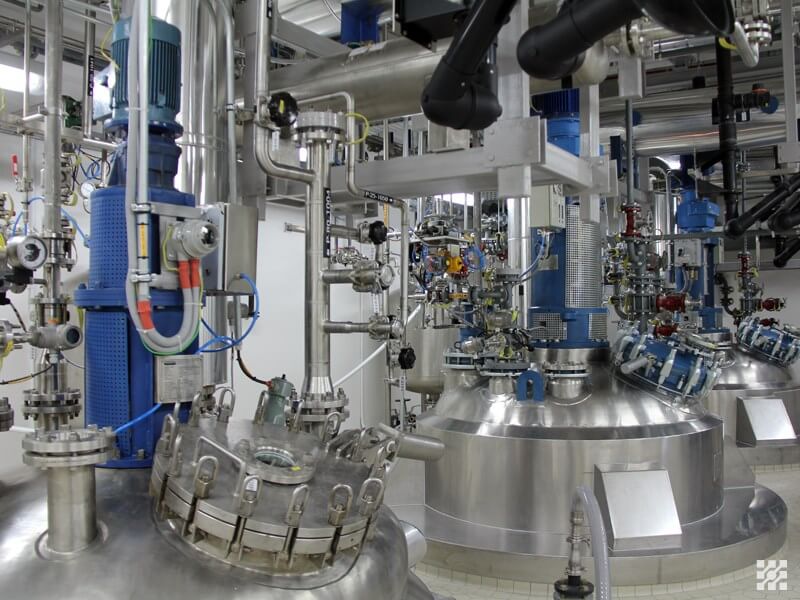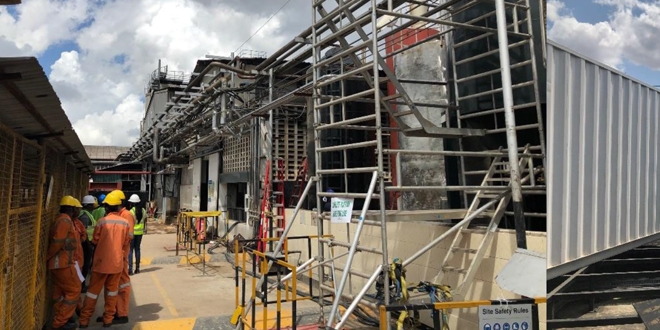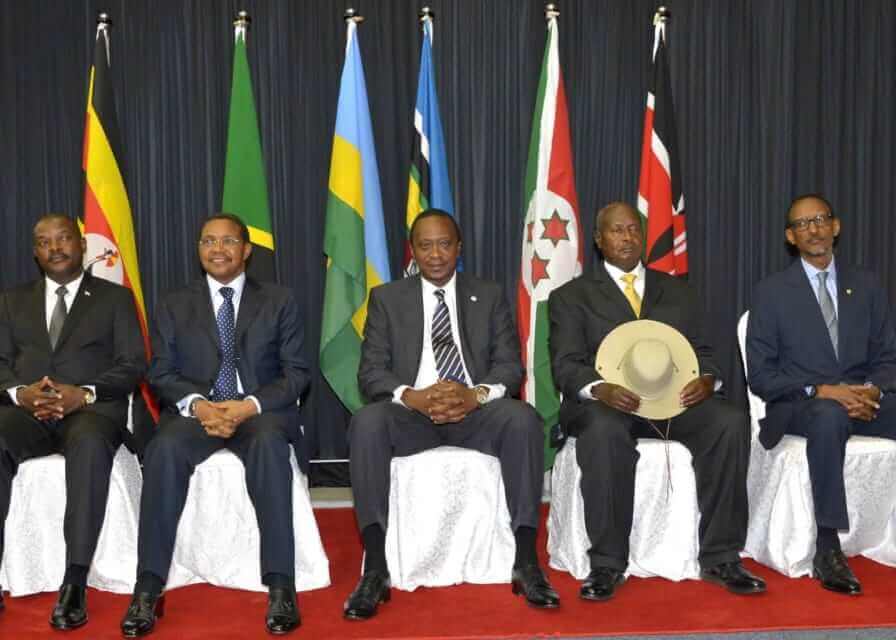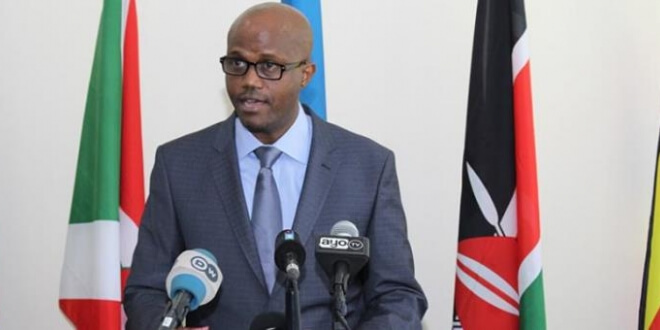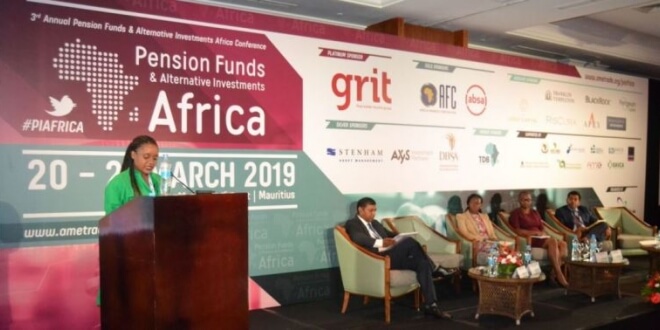Ambassador Mfumukeko made the remarks yesterday when he received credentials from the Ambassador Extraordinary and Plenipotentiary of Finland to Tanzania, Riitta Swan, to also serve as Ambassador to the EAC. He welcomed the continued support from Finland saying it had enabled the cto achieve its ambitious agenda. Mfumukeko also shared the steady progress made by the community in promoting integration through the four pillars as set out in the EAC Treaty, namely the: Customs Union, Common Market, Monetary Union and Political Federation, adding that the achievements attained so far were due to political goodwill among the EAC Heads of State. Speaking at the function, Ambassador Swan said that her appointment was part of her government’s commitment to deepen its cooperation with the EAC, noting the significance of regional integration not only for East Africans, but as an important source of growth for the continent as well. The Finnish envoy noted that there was a growing interest and knowledge about the EAC. She said that Finland views the trading bloc as an important partner especially in efforts aimed at ensuring peace and security in the region. She expressed her country's interest towards supporting integration agenda particularly in areas such as peace and security, climate change, trade facilitation and gender issues. Present at the accreditation ceremony were the EAC Deputy Secretary General in charge of Planning and Infrastructure Eng Steven Mlote and other senior officials. EAC is an intergovernmental organisation composed of six countries in the African Great Lakes region in eastern...
EAC thanks Finland for continuous support
Posted on: December 9, 2019
Posted on: December 9, 2019

